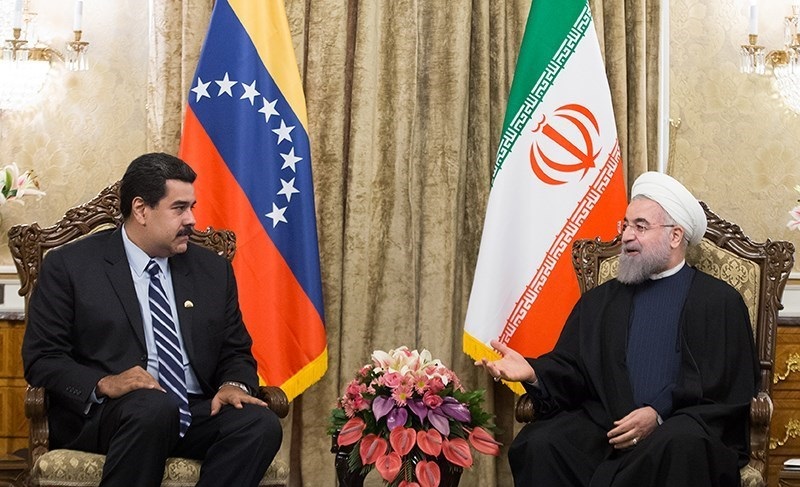Saudi Arabia has long been acknowledged as having copious proven oil reserves. Not as well-known is the fact that Venezuela, with over 300 billion barrels of proven reserves, has the world’s largest proven deposits. Its Orinoco tar sands are, moreover, less viscous than, for instance, Canada’s, thereby enabling more conventional and less expensive extraction.
That latent wealth has been off-set by corruption, first in the Hugo Chávez Administration and then in his successor, Nicolás Maduro’s. Those two leaders, following their version of Simon Bolivar’s Socialism, commandeered private organisations, sacked professional managers and workers and drastically curbed spending on the maintenance of factories, all while appropriating state funds for their personal gain. Hardly surprisingly, Venezuela, once the richest country in South America, saw its GDP fall by 65 per cent and its inflation soar in February this year to 2910 per cent. The country now faces a famine, a situation that has been exacerbated by the Covid-19 pandemic.
Mr Maduro has grown desperate in his efforts to demonstrate that he still leads his country, especially as the US does not recognise his regime. One of those efforts is to enable a run-down oil refinery on Venezuela’s north-west coast to maximise its output. Requiring oil in the interim, and skilled engineers and other experts for the mid- to longer term, he turned to Tehran for assistance. Tehran gladly offered to help him out – provided that they would be paid in gold since the Venezuelan Bolivar is practically worthless. It was in the last week of April, therefore, that six aircraft from the Iranian airline, Mahan Air, that is managed by the Islamic Revolutionary Guards Corps, itself a designated terrorist organisation, transported around nine tonnes of gold, worth an estimated US$500 million ($766 million) from Simon Bolivar Airport in Caracas to Tehran.
Read the article by

